
®
SHIPSPOTTING.COM
WELCOME TO SHIPSPOTTING.COM
ACADIA FOREST - IMO 6916407
Photo
details
Photographer:pieter melissen [ View profile ]
Title:Acadia Forest
Location:Rozenburg, Rotterdam, Netherlands
Photo Category:Barge Carriers
Added:Nov 19, 2015
Views:3,263
Image Resolution:3,919 x 2,536
Description:
Pioneer of a failed concept
Vessel
particulars
Current name:ACADIA FOREST
Vessel Type:Barge Carrier
Gross tonnage:36,021 tons
Summer DWT:49,059 tons
Photos:13 photos by 9 photographers
AIS Position
of this ship
There is no AIS Position Data available for this ship!
Would you like to add AIS Coverage?

Photo
Categories
Photographers
of this ship
(9)
1 photos
1 photos
2 photos
1 photos
3 photos
1 photos
2 photos
1 photos
1 photos
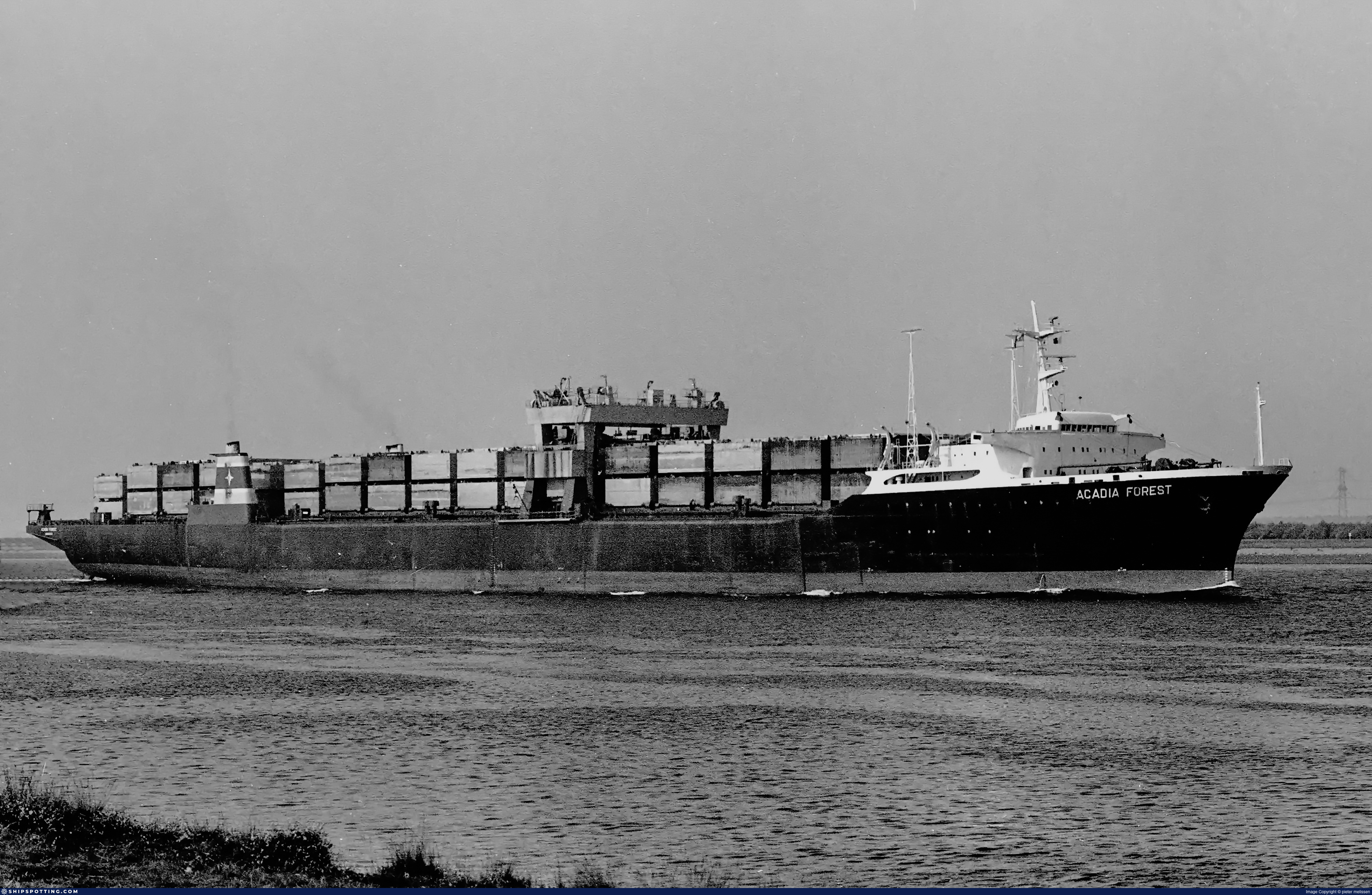

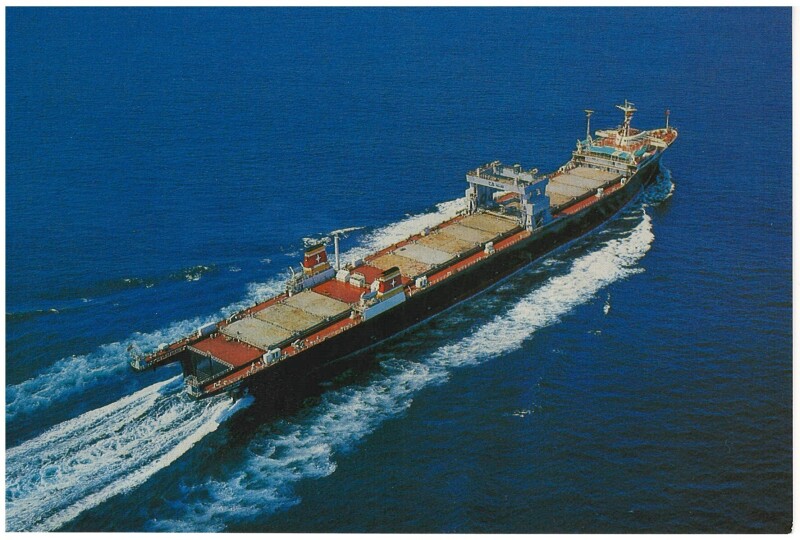
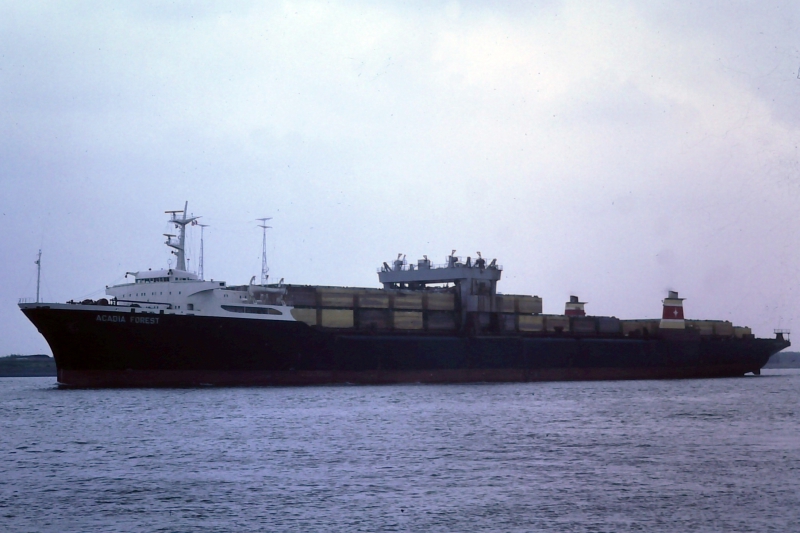
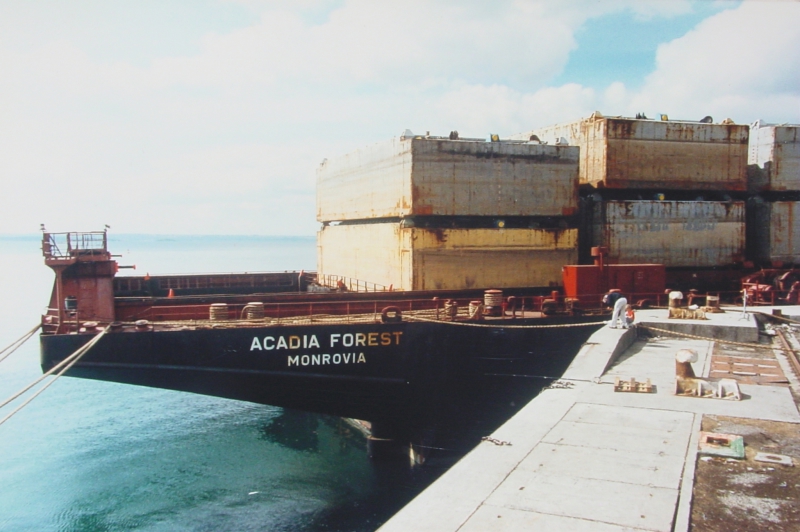
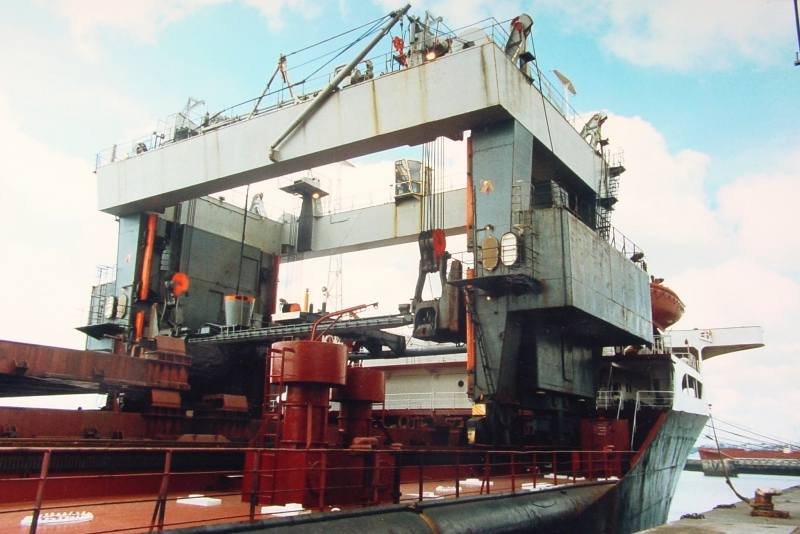
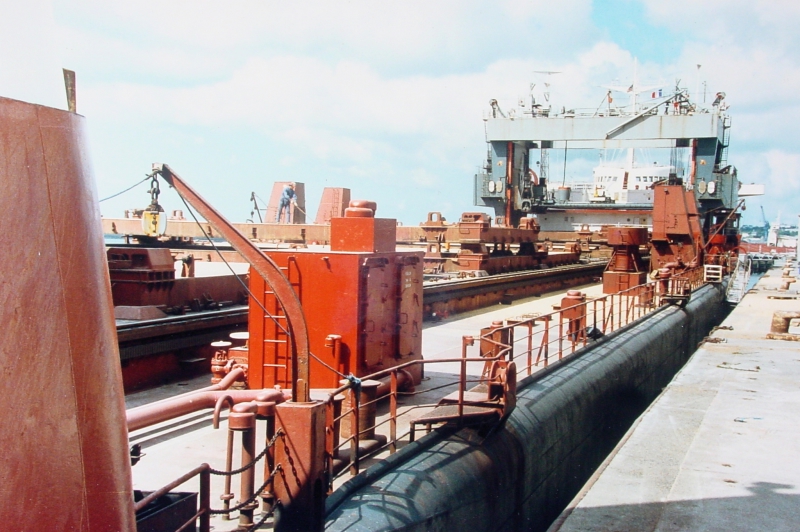
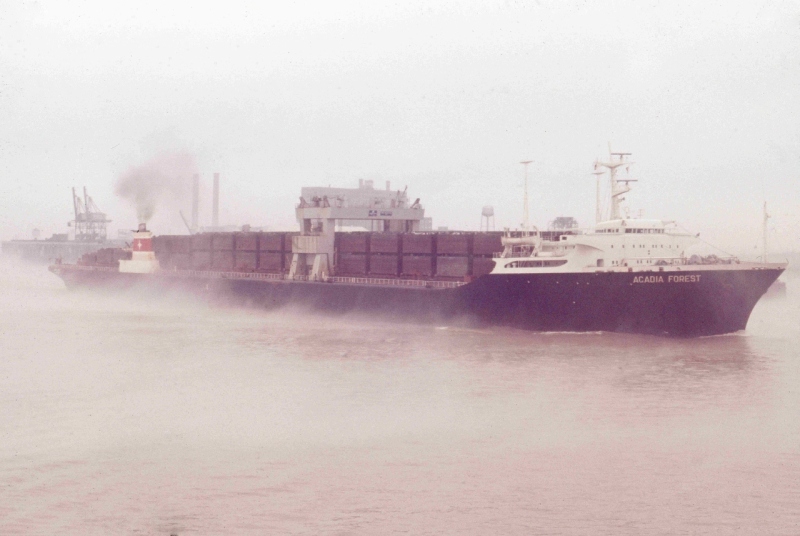
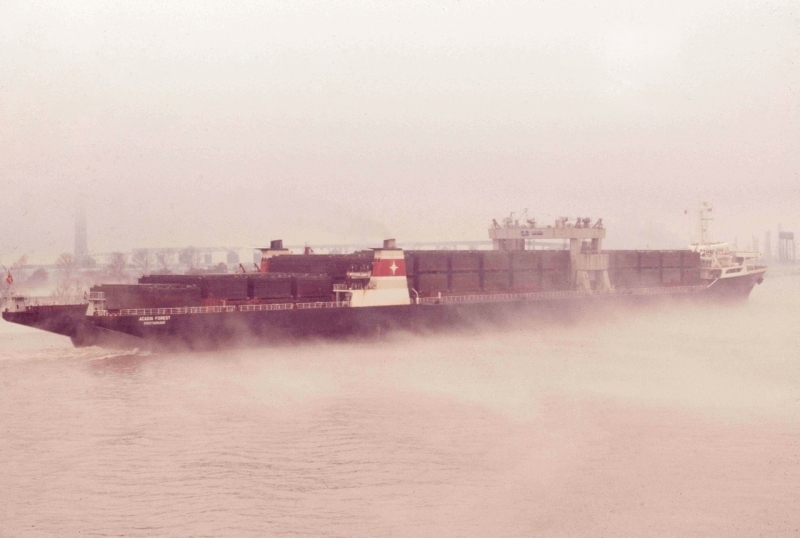
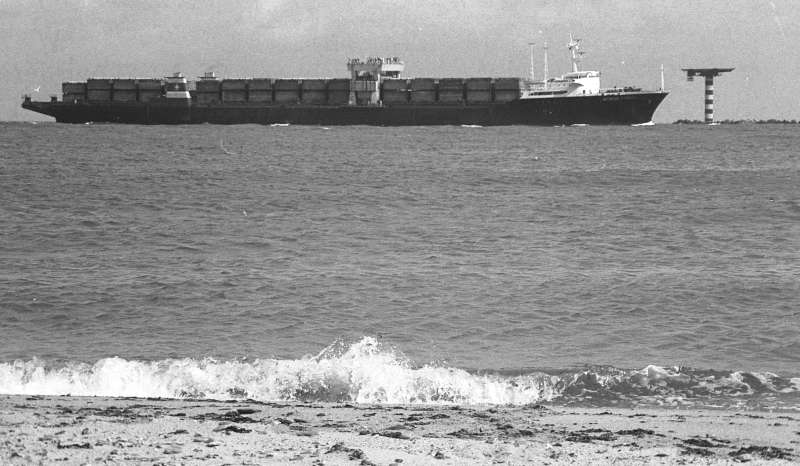


COMMENT THIS PHOTO(10)
Edit
comment
Edit
comment
Edit
comment
The problem is that damned steel box appeared on the scene and took over and consigned the LASH ships - as well as real cargo ships - to history.
Edit
comment
Edit
comment
Edit
comment
Her Bridge and accomodation block near the bow made her perhaps more vulnerable to these waves because all equipment necessary for navigation and communication is concentrated here and can be knocked out by a single freak wave - but this is nothing unique to a LASH-carrier.
By the way "München" is no lucky name for ships - the german factory trawler with this name (built 1961) sank near greenland on 25.06.1963.
Edit
comment
Edit
comment
Edit
comment
Edit
comment